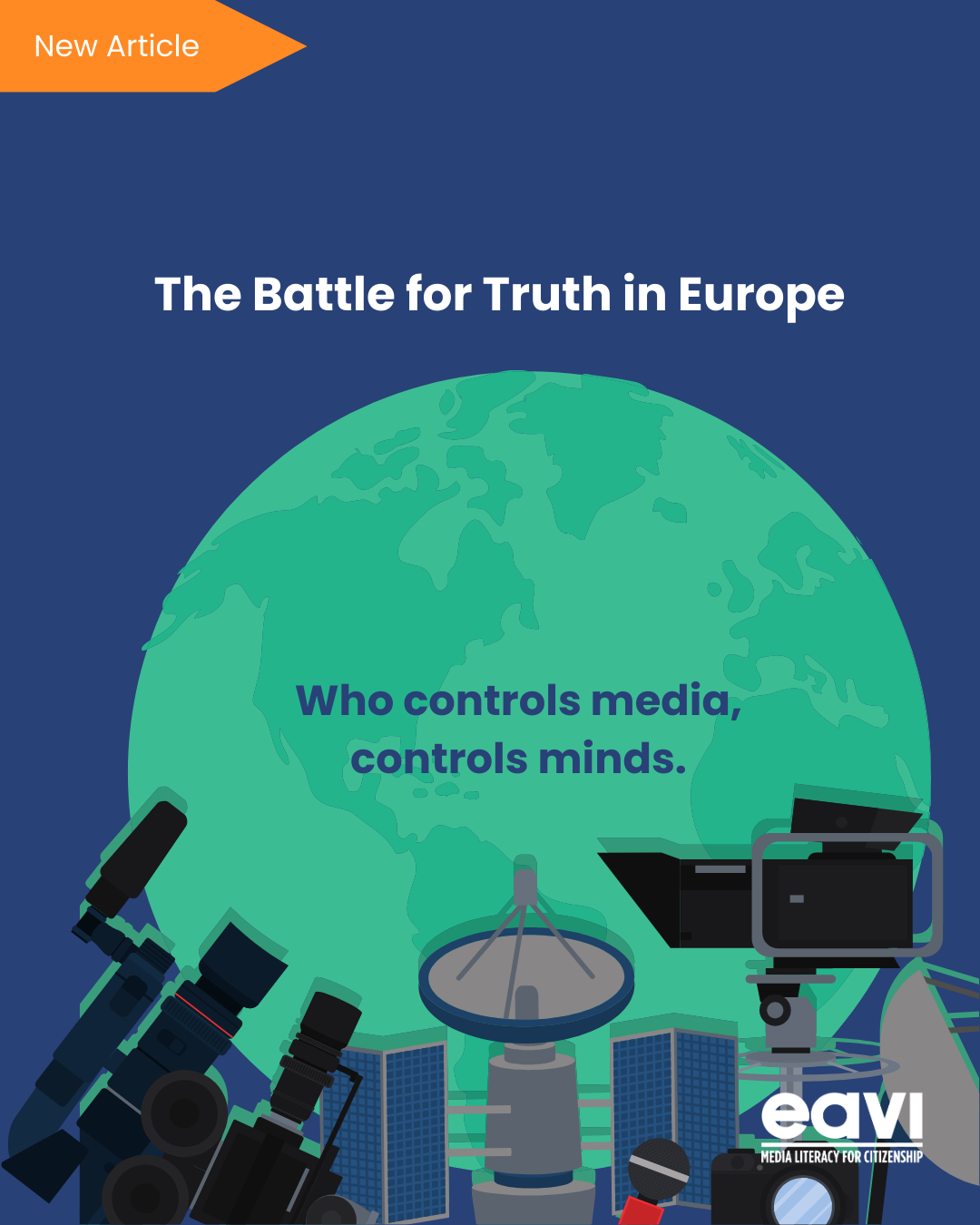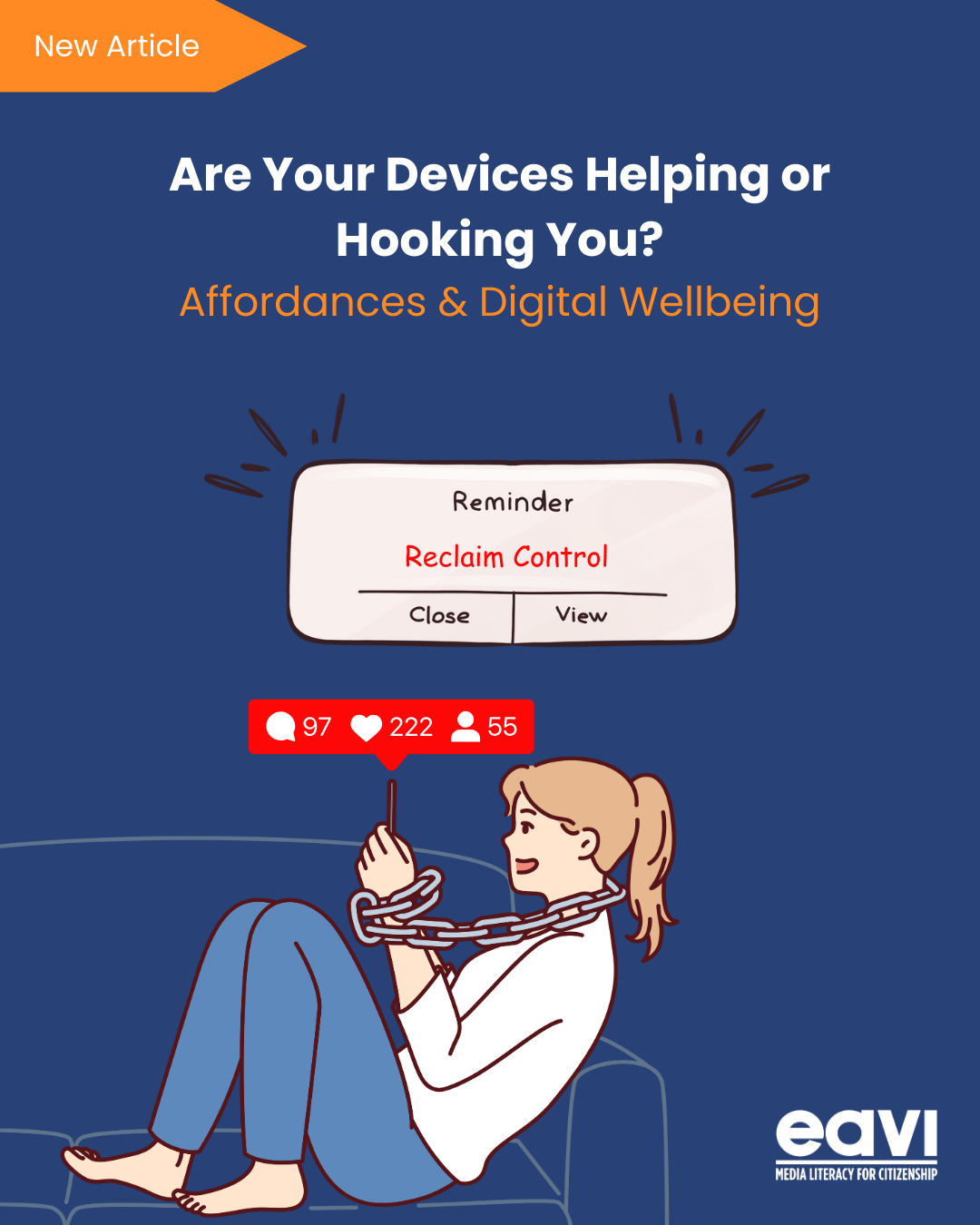This 2nd of October, EAVI followed the Citizens’ Dialogue in Freiburg, Germany.
The European Commission President, Jean – Claude Juncker, and Mr. Winfried Kretschmann, the Minister President of Baden-Württemberg, held a public confrontation with civil society to discuss the Future of Europe, marking the 1000th Citizens’ Dialogue taking place since the beginning of the Juncker Commission.
Here is a short summary of the most important points discussed!
The Citizens’ Dialogues are a series of open debates organised by the European Commission across all Member States in order to encourage citizens’ participation and knowledge of EU policies. Local, national and EC authorities meet citizens to talk about the Future of Europe in all respects, political, economic, social and cultural, and together help to shape the future directions of the Union.
The debate opened with an important assumption that youngsters often ignore: “Europe, as a space of peace, freedom and prosperity, is something which has not to be taken for granted. The prosperity over the past 70 years is unbelievable. Refreshing and retelling this story over and over again is essential, especially in times of right-wing populism” (Winfried Kretschmann).
Overall, the main topics discussed were about the wave of anti-European feelings across EU countries; the lack of solidarity in the refugee crisis; new proposals for improving young people’s education, Brexit and the great value of championing for multilateralism.
Euroscepticism
With regards to the rise of Euroscepticism, Mr. Juncker stated that dialogue is the solution. “We need to talk with people. Most of them are not against Europe, they have only a lot of questions and we need to meet them and give them answers, because if you follow populists you become populists.”
He asserted that many Europeans don’t feel Europe as their home today and this has become a contemporary issue. Eurosceptics are not complete opponents to the EU project and their criticism is quite often more than legitimate. The solution is not to put them blindly aside but to face them and listen to their concerns and their needs.
Personally, I found Juncker’s intervention quite short and poor in content. I expected to hear more concrete suggestions in tackling what has become a serious concern, especially ahead of the European Parliamentarian Elections. In addition, no references were made for pluralism, critical thinking and media literacy. All which we at EAVI consider to be skills and competences necessary to fight disinformation.
Brexit
On the topic of Brexit, I will share Juncker’s opinion. He denounced the fact that a real referendum campaign, in the sense of an information campaign, was never led in Britain. Only now people, including British ministers, are becoming aware of how many issues Brexit poses. “British planes may not be able to land in the EU if negotiators fail to reach a Brexit deal. British people were not aware of such possibilities when they voted to leave the bloc”. Juncker went further to admit, “Sometimes I have the impression that the British think that it’s us quitting Great Britain, but it’s exactly the other way around”.
Education
Interesting proposals emerged regarding improving the education system. According to President Juncker, the future steps to improve and facilitate European citizens’ educational path consist in the introduction of multilingualism and European culture courses in primary schools across Europe, the mutual recognition of degrees, certifications and diplomas at EU level and new funds in the Erasmus+ programme.
Internal Solidarity
President Juncker stressed that Europe is facing a lack of internal solidarity among European countries which avoids to move forward in the global arena.
If Europe wishes to behave as a major global player in international politics and be more competitive among big powers such as China and USA, what it is necessary is a more coherent and united strategy. As stated, we must “Find (internal) majorities in global politics in order to stop talking and acting.’’
The discussion ended with an attentive recommendation for the Future of Europe in the international area: in these days of populism and national closure, compared to the unilateralism-oriented and anti-migration American policy, Europe should show a friendlier and more open-minded face to the world. Multilateralism is always a winning behavior and, championing for it, Europe could improve its image internationally and place itself in a more prominent position to become a global player.
This 2nd of October, EAVI followed the Citizens’ Dialogue in Freiburg, Germany.
The European Commission President, Jean – Claude Juncker, and Mr. Winfried Kretschmann, the Minister President of Baden-Württemberg, held a public confrontation with civil society to discuss the Future of Europe, marking the 1000th Citizens’ Dialogue taking place since the beginning of the Juncker Commission.
Here is a short summary of the most important points discussed!
The Citizens’ Dialogues are a series of open debates organised by the European Commission across all Member States in order to encourage citizens’ participation and knowledge of EU policies. Local, national and EC authorities meet citizens to talk about the Future of Europe in all respects, political, economic, social and cultural, and together help to shape the future directions of the Union.
The debate opened with an important assumption that youngsters often ignore: “Europe, as a space of peace, freedom and prosperity, is something which has not to be taken for granted. The prosperity over the past 70 years is unbelievable. Refreshing and retelling this story over and over again is essential, especially in times of right-wing populism” (Winfried Kretschmann).
Overall, the main topics discussed were about the wave of anti-European feelings across EU countries; the lack of solidarity in the refugee crisis; new proposals for improving young people’s education, Brexit and the great value of championing for multilateralism.
Euroscepticism
With regards to the rise of Euroscepticism, Mr. Juncker stated that dialogue is the solution. “We need to talk with people. Most of them are not against Europe, they have only a lot of questions and we need to meet them and give them answers, because if you follow populists you become populists.”
He asserted that many Europeans don’t feel Europe as their home today and this has become a contemporary issue. Eurosceptics are not complete opponents to the EU project and their criticism is quite often more than legitimate. The solution is not to put them blindly aside but to face them and listen to their concerns and their needs.
Personally, I found Juncker’s intervention quite short and poor in content. I expected to hear more concrete suggestions in tackling what has become a serious concern, especially ahead of the European Parliamentarian Elections. In addition, no references were made for pluralism, critical thinking and media literacy. All which we at EAVI consider to be skills and competences necessary to fight disinformation.
Brexit
On the topic of Brexit, I will share Juncker’s opinion. He denounced the fact that a real referendum campaign, in the sense of an information campaign, was never led in Britain. Only now people, including British ministers, are becoming aware of how many issues Brexit poses. “British planes may not be able to land in the EU if negotiators fail to reach a Brexit deal. British people were not aware of such possibilities when they voted to leave the bloc”. Juncker went further to admit, “Sometimes I have the impression that the British think that it’s us quitting Great Britain, but it’s exactly the other way around”.
Education
Interesting proposals emerged regarding improving the education system. According to President Juncker, the future steps to improve and facilitate European citizens’ educational path consist in the introduction of multilingualism and European culture courses in primary schools across Europe, the mutual recognition of degrees, certifications and diplomas at EU level and new funds in the Erasmus+ programme.
Internal Solidarity
President Juncker stressed that Europe is facing a lack of internal solidarity among European countries which avoids to move forward in the global arena.
If Europe wishes to behave as a major global player in international politics and be more competitive among big powers such as China and USA, what it is necessary is a more coherent and united strategy. As stated, we must “Find (internal) majorities in global politics in order to stop talking and acting.’’
The discussion ended with an attentive recommendation for the Future of Europe in the international area: in these days of populism and national closure, compared to the unilateralism-oriented and anti-migration American policy, Europe should show a friendlier and more open-minded face to the world. Multilateralism is always a winning behavior and, championing for it, Europe could improve its image internationally and place itself in a more prominent position to become a global player.
This 2nd of October, EAVI followed the Citizens’ Dialogue in Freiburg, Germany.
The European Commission President, Jean – Claude Juncker, and Mr. Winfried Kretschmann, the Minister President of Baden-Württemberg, held a public confrontation with civil society to discuss the Future of Europe, marking the 1000th Citizens’ Dialogue taking place since the beginning of the Juncker Commission.
Here is a short summary of the most important points discussed!
The Citizens’ Dialogues are a series of open debates organised by the European Commission across all Member States in order to encourage citizens’ participation and knowledge of EU policies. Local, national and EC authorities meet citizens to talk about the Future of Europe in all respects, political, economic, social and cultural, and together help to shape the future directions of the Union.
The debate opened with an important assumption that youngsters often ignore: “Europe, as a space of peace, freedom and prosperity, is something which has not to be taken for granted. The prosperity over the past 70 years is unbelievable. Refreshing and retelling this story over and over again is essential, especially in times of right-wing populism” (Winfried Kretschmann).
Overall, the main topics discussed were about the wave of anti-European feelings across EU countries; the lack of solidarity in the refugee crisis; new proposals for improving young people’s education, Brexit and the great value of championing for multilateralism.
Euroscepticism
With regards to the rise of Euroscepticism, Mr. Juncker stated that dialogue is the solution. “We need to talk with people. Most of them are not against Europe, they have only a lot of questions and we need to meet them and give them answers, because if you follow populists you become populists.”
He asserted that many Europeans don’t feel Europe as their home today and this has become a contemporary issue. Eurosceptics are not complete opponents to the EU project and their criticism is quite often more than legitimate. The solution is not to put them blindly aside but to face them and listen to their concerns and their needs.
Personally, I found Juncker’s intervention quite short and poor in content. I expected to hear more concrete suggestions in tackling what has become a serious concern, especially ahead of the European Parliamentarian Elections. In addition, no references were made for pluralism, critical thinking and media literacy. All which we at EAVI consider to be skills and competences necessary to fight disinformation.
Brexit
On the topic of Brexit, I will share Juncker’s opinion. He denounced the fact that a real referendum campaign, in the sense of an information campaign, was never led in Britain. Only now people, including British ministers, are becoming aware of how many issues Brexit poses. “British planes may not be able to land in the EU if negotiators fail to reach a Brexit deal. British people were not aware of such possibilities when they voted to leave the bloc”. Juncker went further to admit, “Sometimes I have the impression that the British think that it’s us quitting Great Britain, but it’s exactly the other way around”.
Education
Interesting proposals emerged regarding improving the education system. According to President Juncker, the future steps to improve and facilitate European citizens’ educational path consist in the introduction of multilingualism and European culture courses in primary schools across Europe, the mutual recognition of degrees, certifications and diplomas at EU level and new funds in the Erasmus+ programme.
Internal Solidarity
President Juncker stressed that Europe is facing a lack of internal solidarity among European countries which avoids to move forward in the global arena.
If Europe wishes to behave as a major global player in international politics and be more competitive among big powers such as China and USA, what it is necessary is a more coherent and united strategy. As stated, we must “Find (internal) majorities in global politics in order to stop talking and acting.’’
The discussion ended with an attentive recommendation for the Future of Europe in the international area: in these days of populism and national closure, compared to the unilateralism-oriented and anti-migration American policy, Europe should show a friendlier and more open-minded face to the world. Multilateralism is always a winning behavior and, championing for it, Europe could improve its image internationally and place itself in a more prominent position to become a global player.








































































































































































